Vegan Protein Bars (Plant-Based + Dairy-Free)
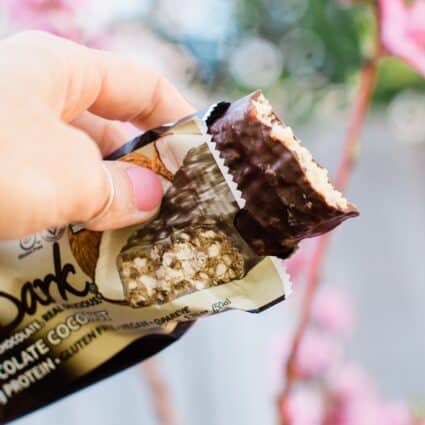
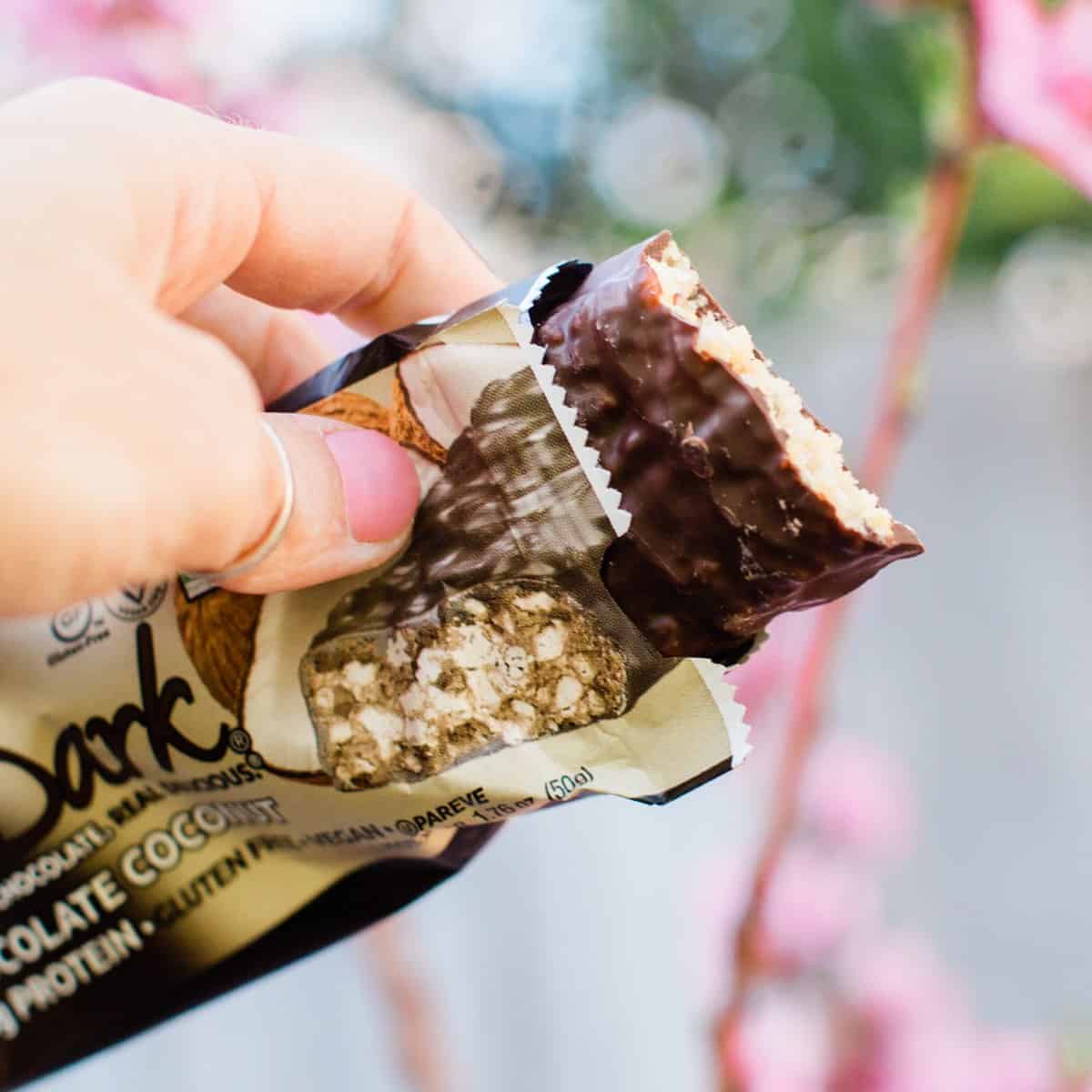
Have protein bars, will travel! Busy days, strenuous activities, growing bodies, and knowing hunger pains all demand quick, high-quality fuel. Satisfying such a diverse range of needs all at once, often while on the go, is no small task. While there are endless plant-based sources of protein, vegan protein bars are one of the easiest answers, providing shelf-stable snacks packed with the vital plant-based nutrition you need to stay strong.
You could eat a different protein bar every day of the week and never have the same one twice. The number of options currently available are staggering, before even taking limited edition flavors into account. There’s no one-size-fits-all option, so let’s decode these labels and find which is best for you!
Now let’s go crush some vegan protein myths now, shall we?
Table of Contents
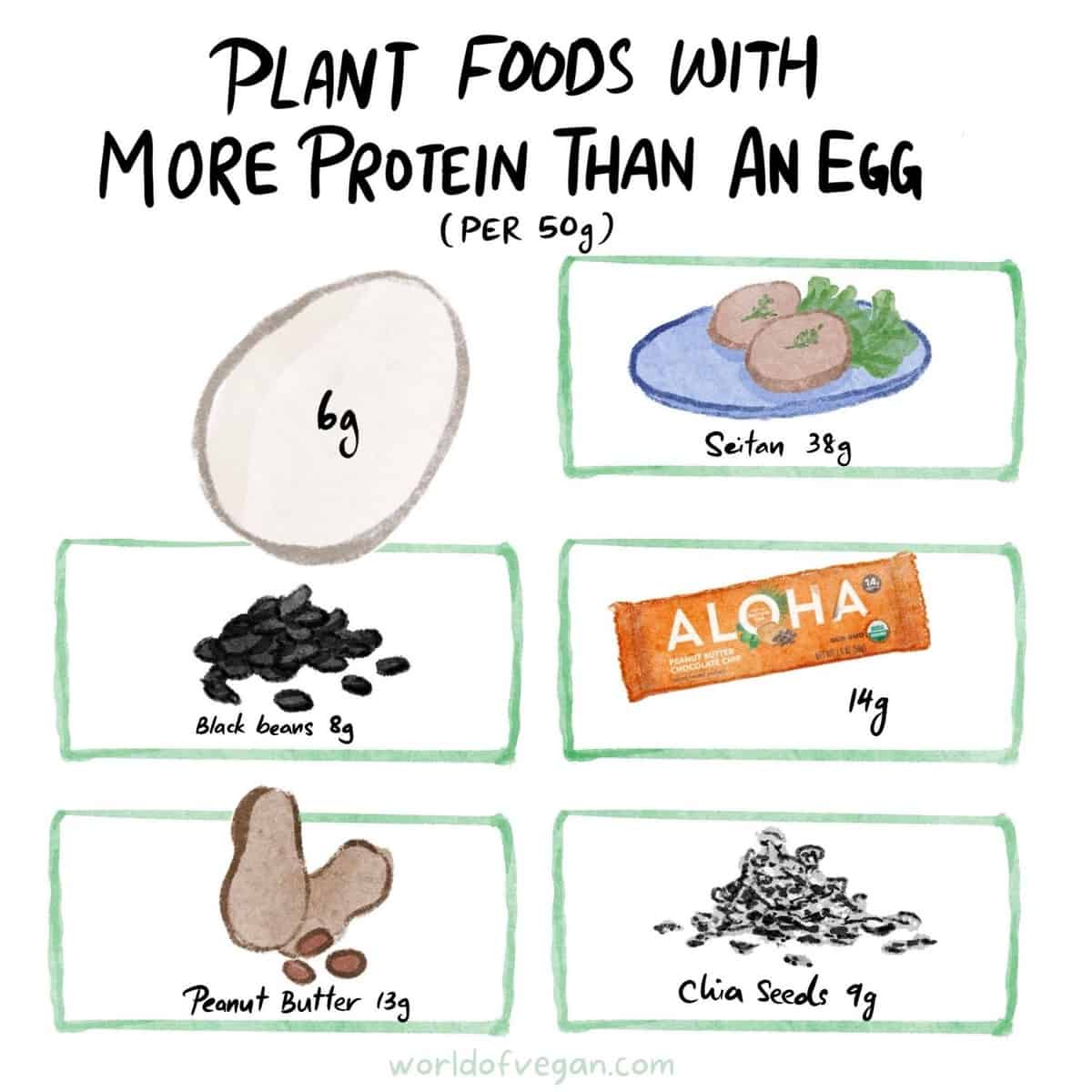
Ingredients To Avoid In Protein Bars
Energy bars as we know them today are a fully modern phenomenon. More like candy bars than emergency rations, these sweet treats off the convenience of grab-and-go nutrition in a dessert-like package. The term itself was first coined in the early 1950s, marketed exclusively to hardcore athletes.
The irony of it is that these earliest offerings contained more scraps than prime cuts, utilizing the leftover whey protein from processing cheese and other dairy products. Even as ingredient awareness improves, there are several things to avoid when shopping for vegan protein bars.
- Whey and casein – Both of these proteins are derived from milk. Anyone with dairy allergies should also steer clear.
- Egg white protein or egg albumin – Though ultra-fine and low in calories, egg white protein and any derivatives are almost guaranteed to be incredibly cruel. To produce enough quantity, factory farming is the only way to ensure efficiency.
- Honey – Companies looking for “natural” sweeteners often use honey as a crutch, despite evidence that honey may do more harm than good.
- Collagen – Found in skin, tendons, bones, and cartilage, this buzz worthy protein is touted as a veritable fountain of youth. Consuming it directly mean cutting other lives short though, and the research still indicates that it’s better to build your own through plant-based means.
- Gelatin – Made from the bones, hooves, and connective tissues from cows, horses, pigs, and sometimes fish, this thickener turns up in everything from candies to supplement capsules.
- Vitamin D3 – Vitamin D is good for you, right? Absolutely, but Vitamin D3 specifically can be derived from an animal source, such as sheep’s wool. Unless explicitly stated as vegan, it’s safer to assume that it’s not.
- Milk fat or butterfat – Chocolate coatings are often anything but, using cheap carrier oils and defatted cocoa powder to replicate the mouthfeel. Dairy products are sometimes added back in as a cheap way to create a creamier texture.
- Novelty proteins – You’ll know right away by call-outs on the label tout an unusual animal source. Cricket protein and bone broth powder are just the start.
How to Choose the Best Vegan Protein Bars?
When shopping for protein bars, there are a few important things to look for. Exactly what you prioritize will depend on your specific needs, and it may take some trial and error to find exactly what it takes for your unique body to thrive. Keep an eye on these essential stats.
Protein
Of course, that’s the name of the game here! You may be surprised to see some supposed “protein” bars only have 5 grams of protein, which is about the same as genuine candy bars. That might be enough for a small snack though, so your mileage may vary. Plant-based protein sources can include soy, peas, rice, hemp, chia, sunflower seeds, pumpkin seeds, beans (like lupini, chickpeas, and fava beans,) peanuts, cashews, and more.
Fiber
Whole foods are naturally high in fiber, which increases satiety. Processed snacks might try to fill the gaps with ingredients like inulin (chicory root fiber) which is harder for some people to digest. Aim for at least 3 grams of fiber per serving and be careful not to overdo it if you’re not used to eating a lot of fiber normally.
Vitamins and minerals
If you’re using protein bars as easy meal replacements, make sure they have comparable nutrition you might find in a light meal. That means a healthy array of vitamins and minerals that will help you reach your daily recommended allowance.
Sweeteners
Sugar tends to be controversial, which is why many manufacturers prefer natural, unrefined sweeteners like maple syrup or coconut sugar instead. Sugar-free sweeteners like stevia and monkfruit are popular ways to sweeten energy bars without adding excess calories, but some people feel these can become cloying or bitter in large quantities. Artificial sugar alcohols like saccharine and sorbitol are best avoided, especially for those with sensitive stomachs.
Vegan Protein Bar Brands
The global protein bar market is a multi-billion-dollar industry that shows no sign of slowing down. It would be impossible to cover even a small fraction of the plant-based brands available today, but we do have some front runners winning the race when it comes to both flavor and function.
GoMacro
For an environmentally-friend snack, you can do no better than GoMacro. Defined by clean ingredients made from 100% renewable energy and a 100% carbon neutral factory, even the wrappers are recyclable, and caddies are compostable. Naturally, it helps that they taste great, and come in smaller kid’s versions as well.
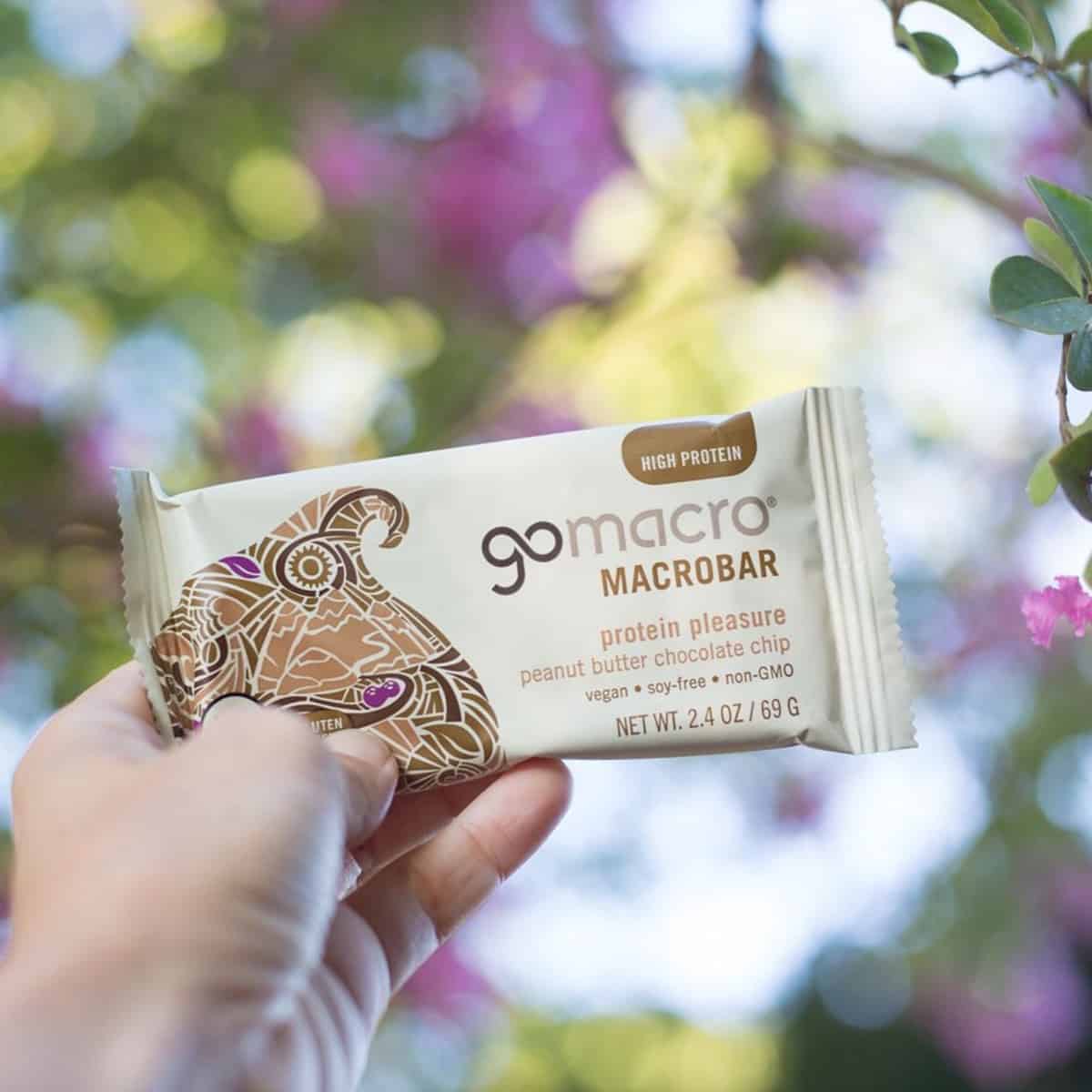
LARABAR
Made from only fruits and nuts, there’s nothing to hide on these short ingredient lists. LARABARs have the added benefit of widespread mainstream distribution, so you have an equally good chance of finding these in your neighborhood boutique corner store as a random gas station off the highway. They aren’t messy to eat, don’t melt, in come in over two dozen flavors, making them a godsend to weary travelers everywhere.
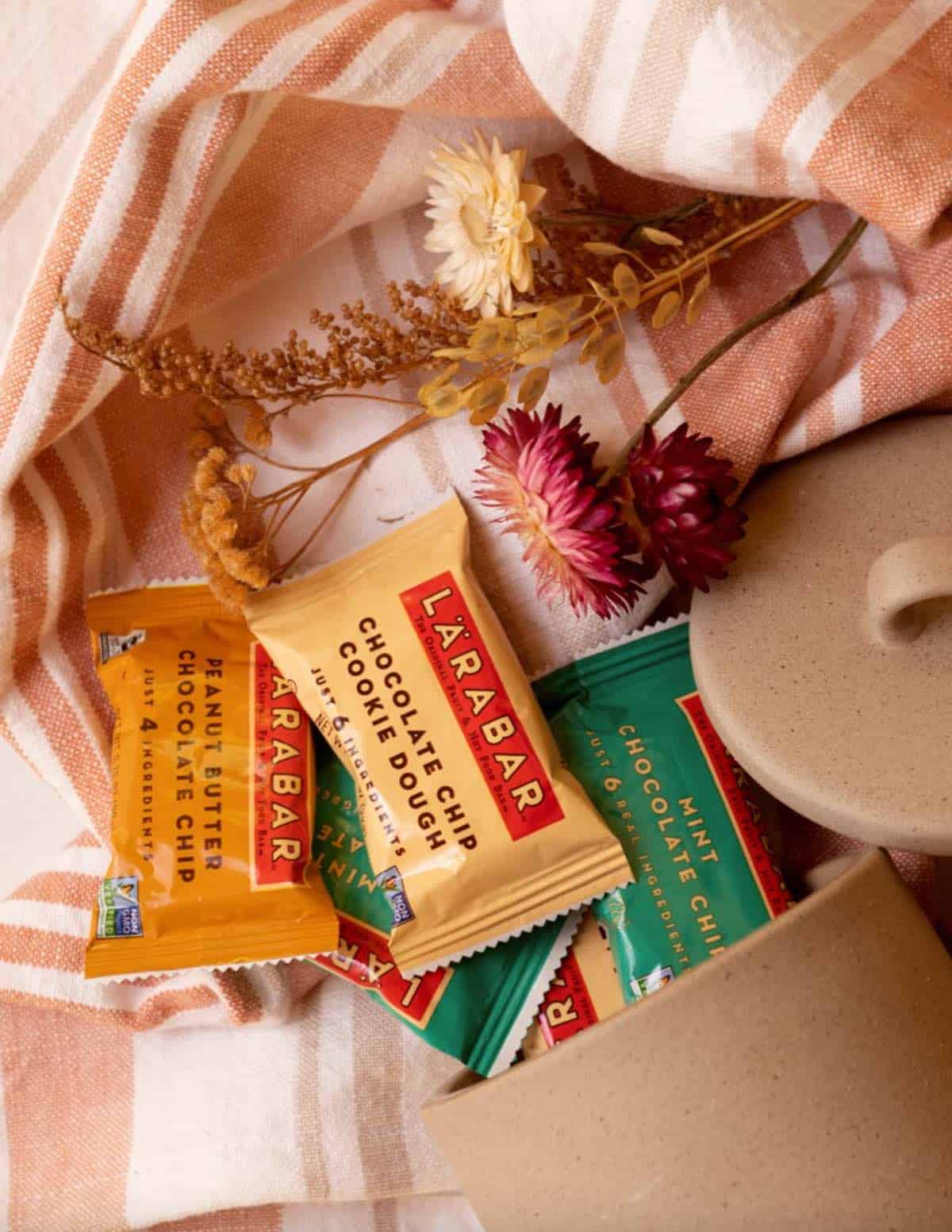
Clif Bar/Builder Bar
Original Clif Bars have more in common with soft baked cookies, while Builder Bars are classic layered protein bars in extra-large proportions. Both are easily found in most stores, including Trader Joe’s, for very affordable prices.
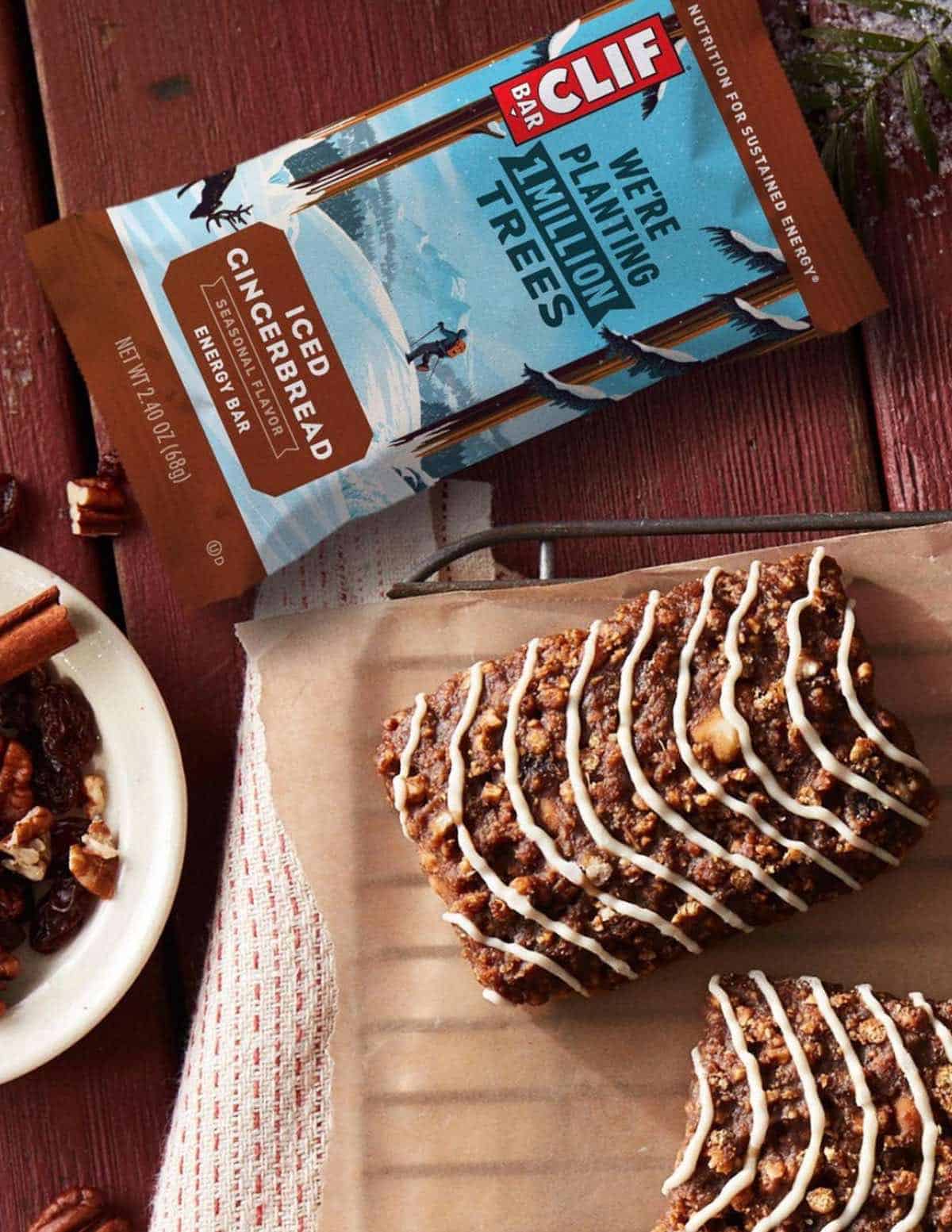
good! Snacks
Each of these eight flavors are inspired by cakes and cookies, but there’s no sugar rush to follow each serving. Instead, you’ll get 15 grams of protein, 11 to 13 grams of dietary fiber, and only 10 grams of sugar in ever bar. Now that’s truly good, inside and out!
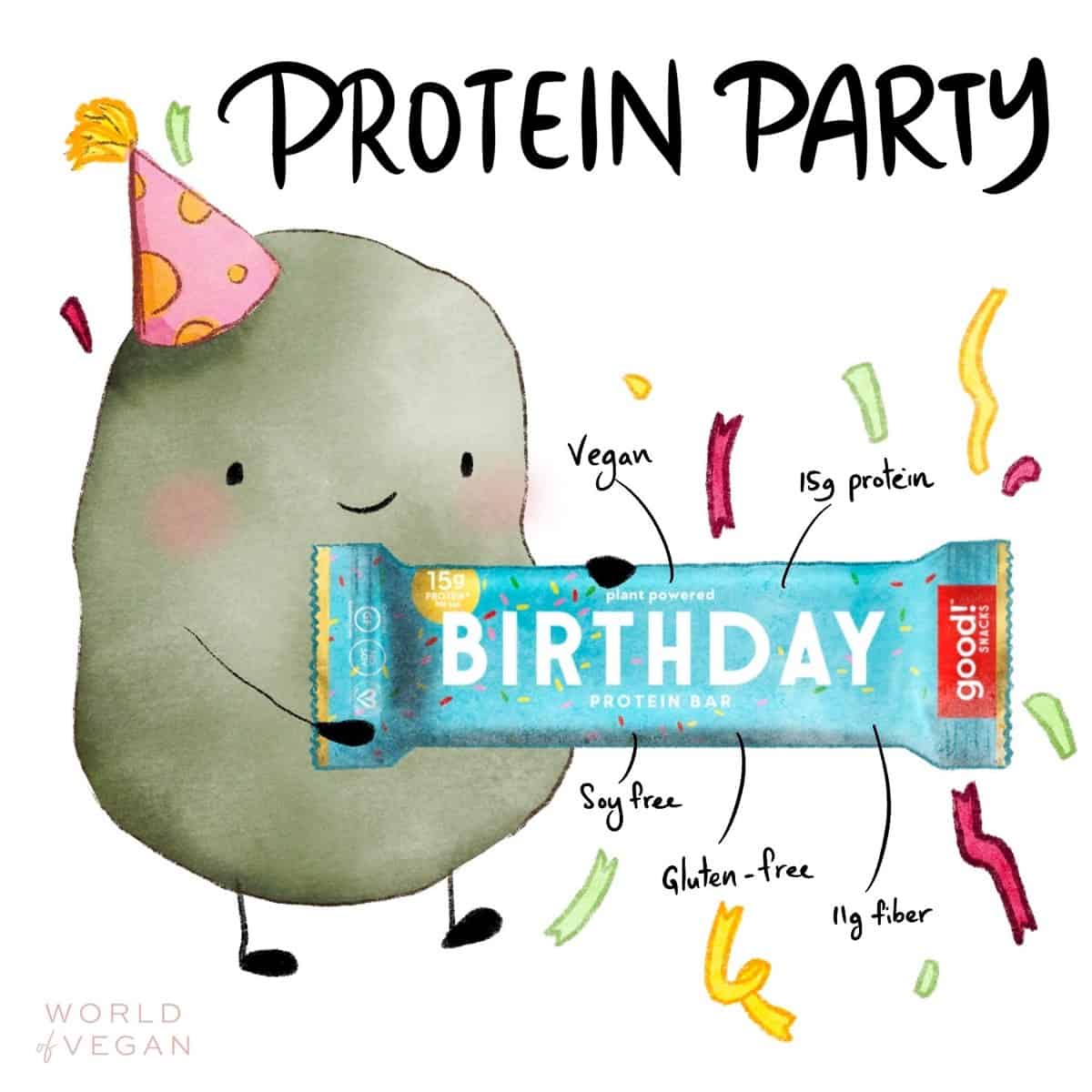
NuGo
If you wish protein bars tasted more like candy bars, you’re in lucky. NuGo makes chocolate-dipped puffed rice protein bars that you’ll want to eat for dessert. The Chocolate Pretzel flavor is a crowd favorite!
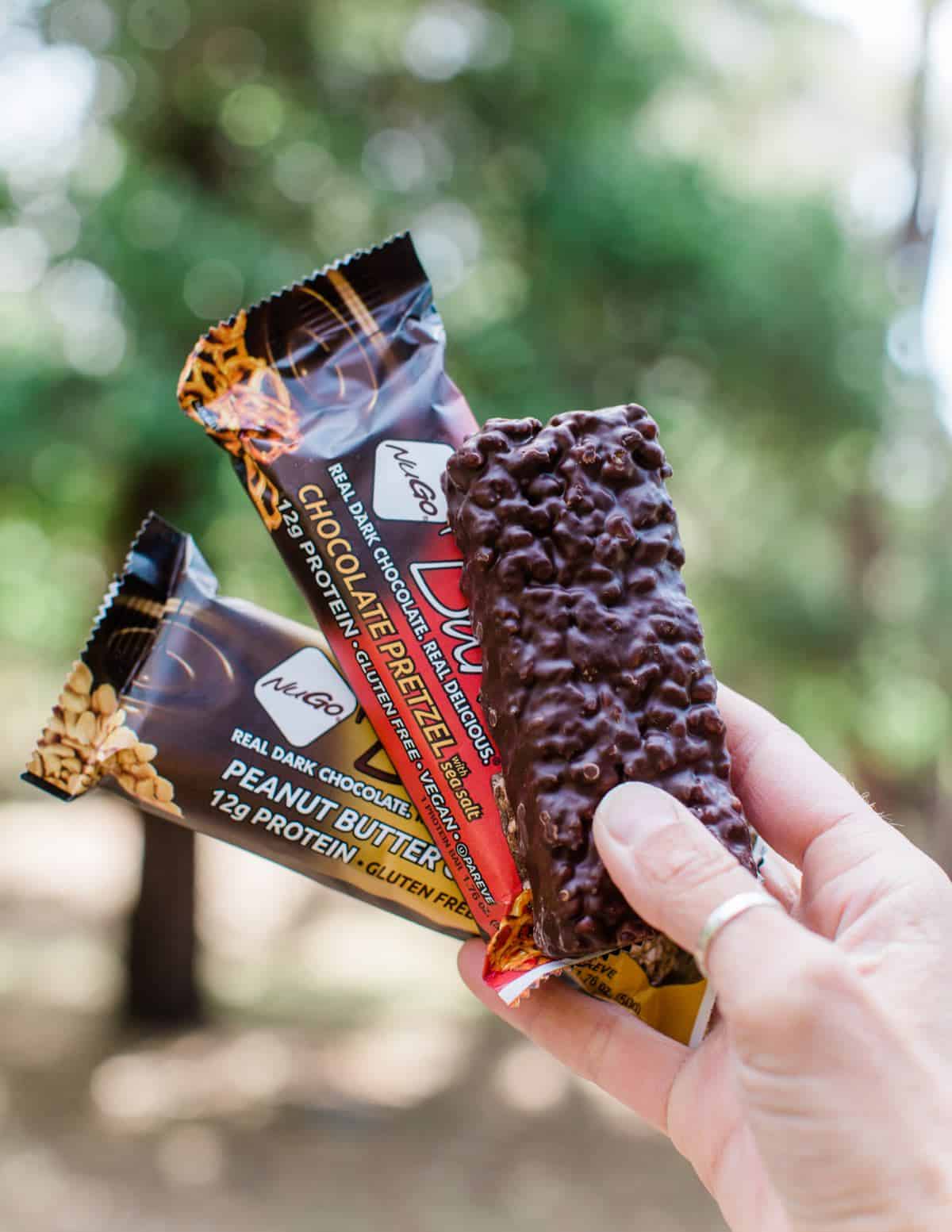
ALOHA
Say goodbye to chalky, highly processed snacks and ALOHA to premium, organic, all-natural ingredients. Flavors span from tropical coconut almond to cozy chocolate fudge brownie, and everything in between. If you still want to play with your food, there’s a wealth of recipe ideas for dressing up your favorites, too.
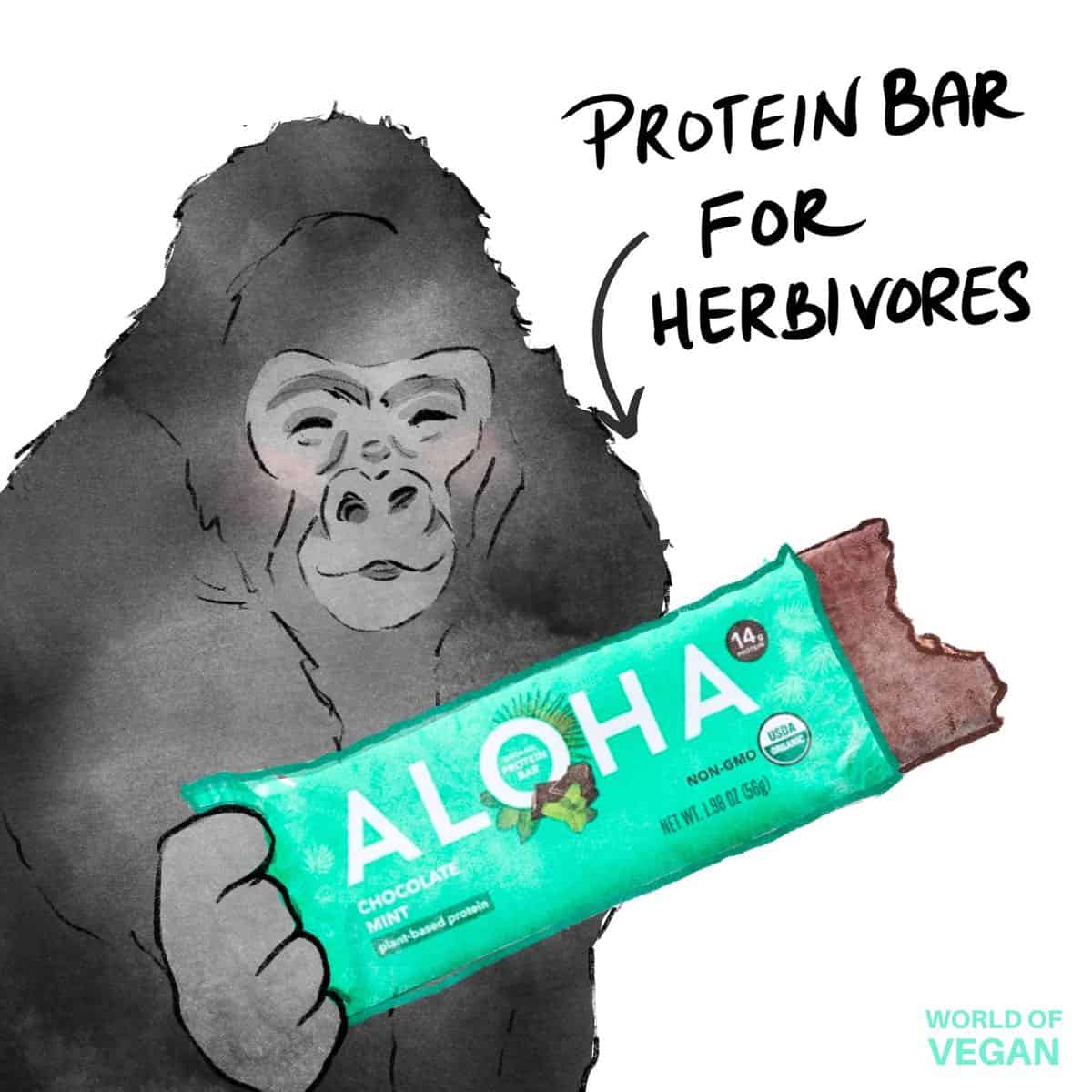
Zing Bars
Made and backed by nutritionists, you can rest assured that these are no glorified candy bars. There are specific varieties developed for keto diets and a separate line of minis to accommodate smaller appetites. Whether you prefer yours “choco covered” or “nekkid,” there’s a chewy, subtly crunchy treat for you in store here.
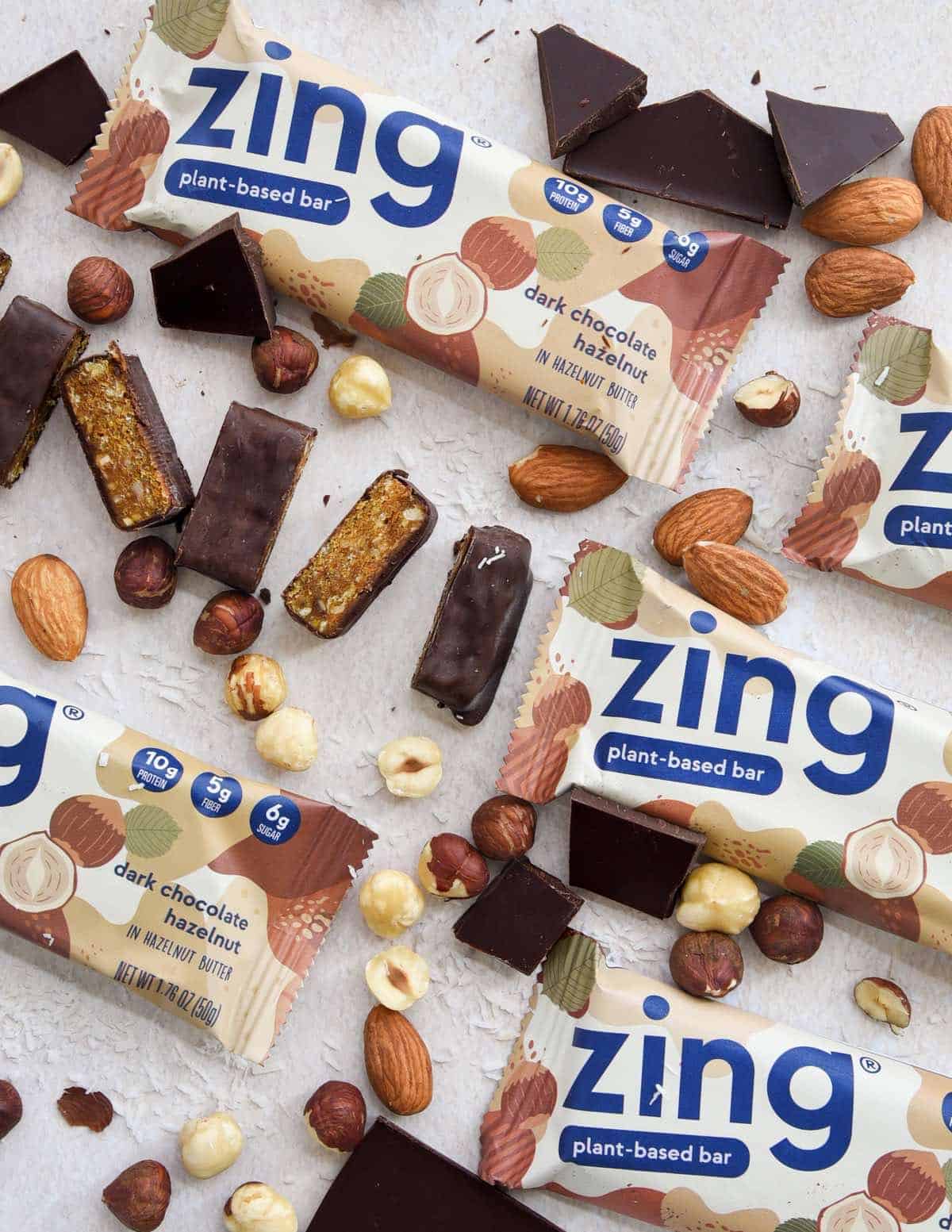
No Cow
Packing in a whopping 16 grams of fiber and 20 grams of protein on average, these dessert-inspired bars may sound like lightweights, but they don’t mess around. Birthday cake, complete with rainbow sprinkles, chocolate chip-studded cookie dough, and chocolate-dipped mint are bestsellers for obvious reasons.
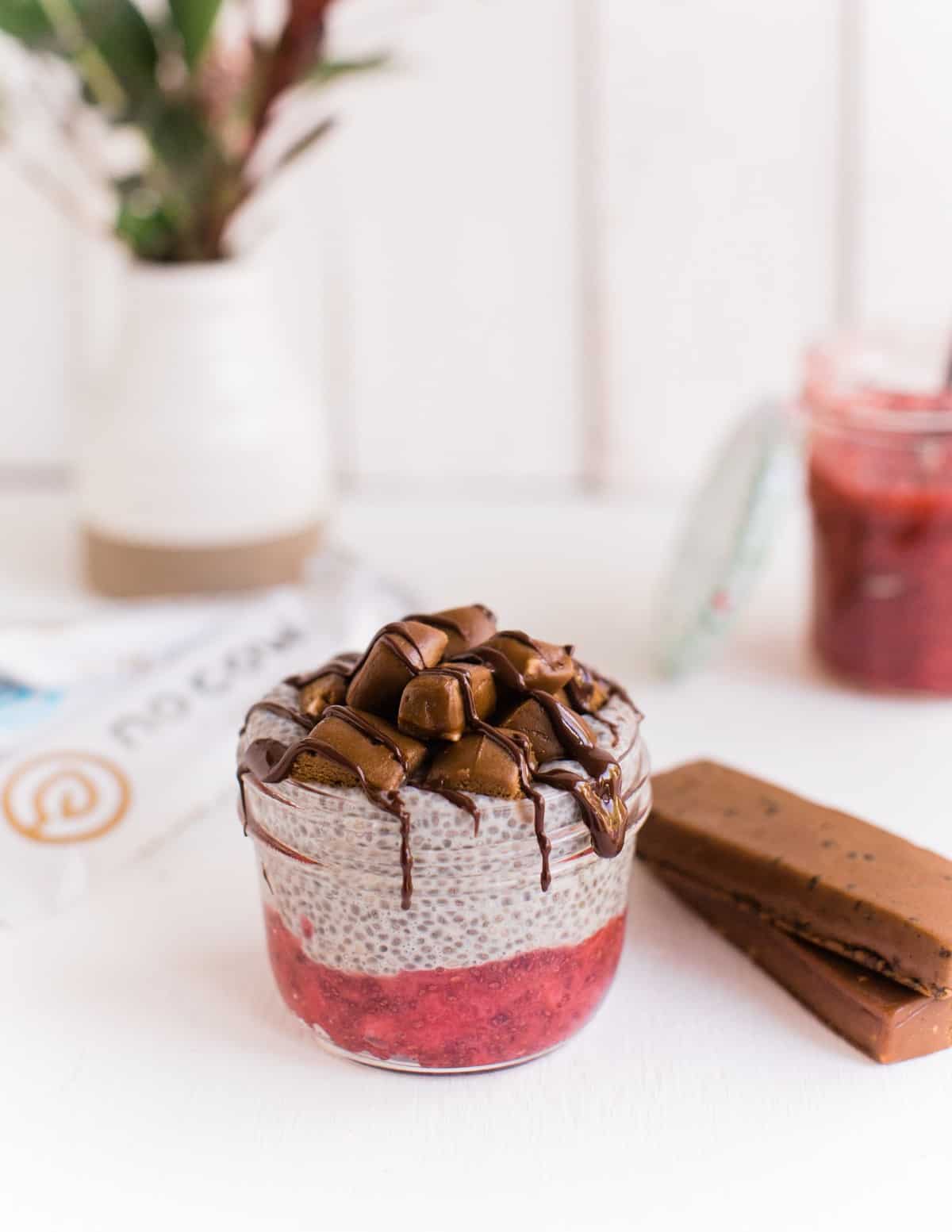
Raw Rev Glo Bars
Emphasizing good fats from high-quality whole food sources, these keto-friendly treats are made from a base of cashews, peanuts, almonds, coconut oil, pea protein, chia, and flax seeds. There are seven flavors to make you feel radiant from the inside out.
Orgain Organic Protein Bars
With 10 grams of organic plant-based protein per bar and only 150 calories, these organic bars provide clean, delicious nourishment whenever and wherever you want. For a balanced snack, a pre-workout boost, or even to put in your kids’ lunch boxes, these vegan protein bars are the perfect solution! Satisfy your cravings with these soft, sweet treats anytime.
Luna Bar
Equal parts, crispy, crunchy, and chewy, these bars are made up of puffed soy crisps bound together by a light icing glaze. Once marketed as “nutrition bars for women,” they double down on the four key nutrients missing from most diets: calcium, vitamin D, iron, and folic acid. That said, they’re delicious and an excellent addition to anyone’s diet, regardless of gender.
More Brands with Vegan Protein Bar Options
- Bhu Fit
- Bobo’s
- B.T.R. Nation
- Core Bar
- Evolve
- Fody Snack Bars
- Garden of Life Sport
- Grab the Gold
- Huel
- IQ Bar
- Laird Superfoods
- Mezcla
- Misfits
- Rise
- RyD Right
- Skout Organic
- Tahow Trailbar
- That’s It
- Tosi
We’d also love for you to check out our Vegan Protein Powder and Vegan Protein Shakes guides! Do you have a favorite plant-based protein bar? Share it with the class in the comments below!






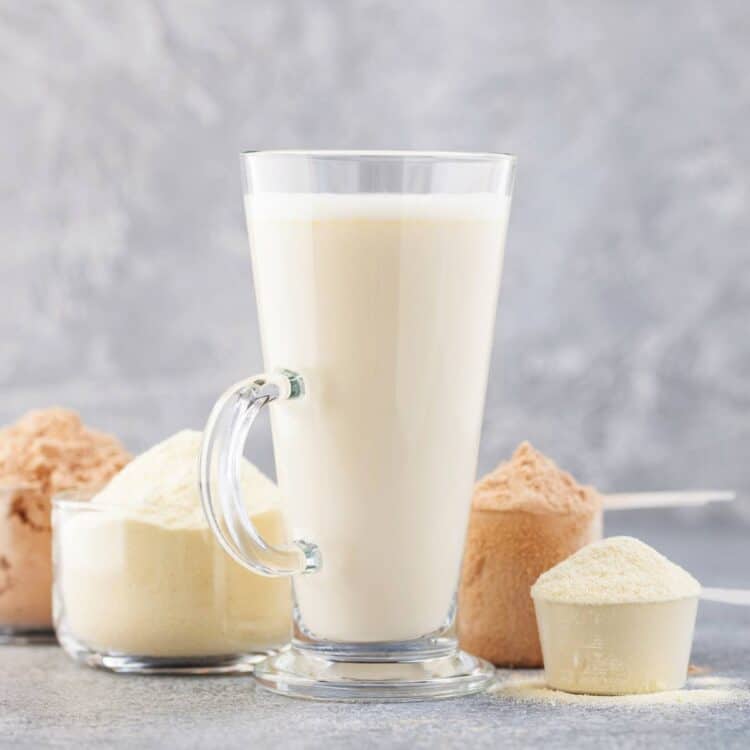
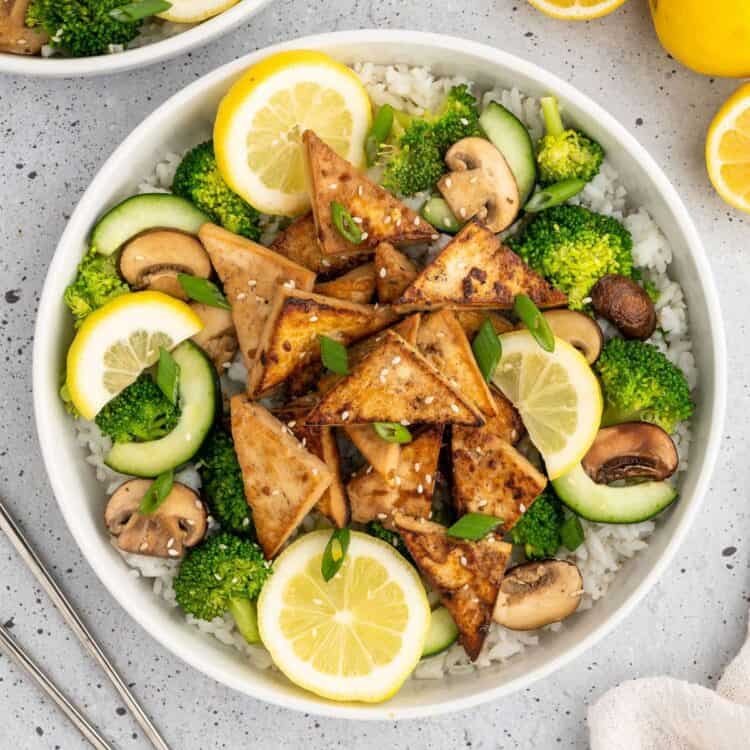
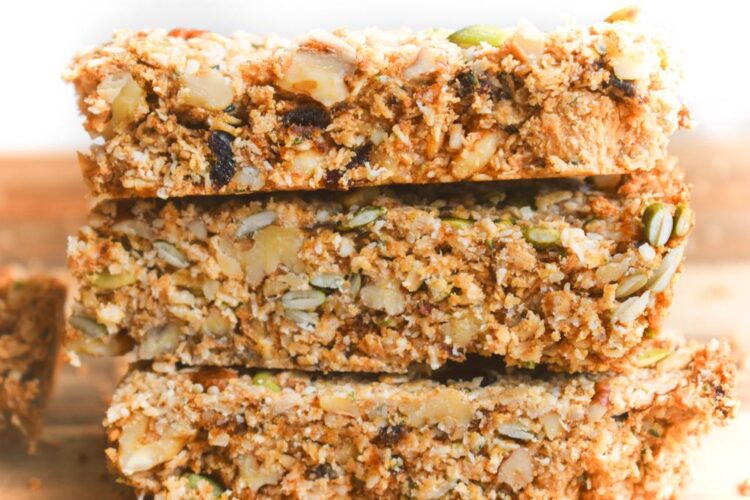

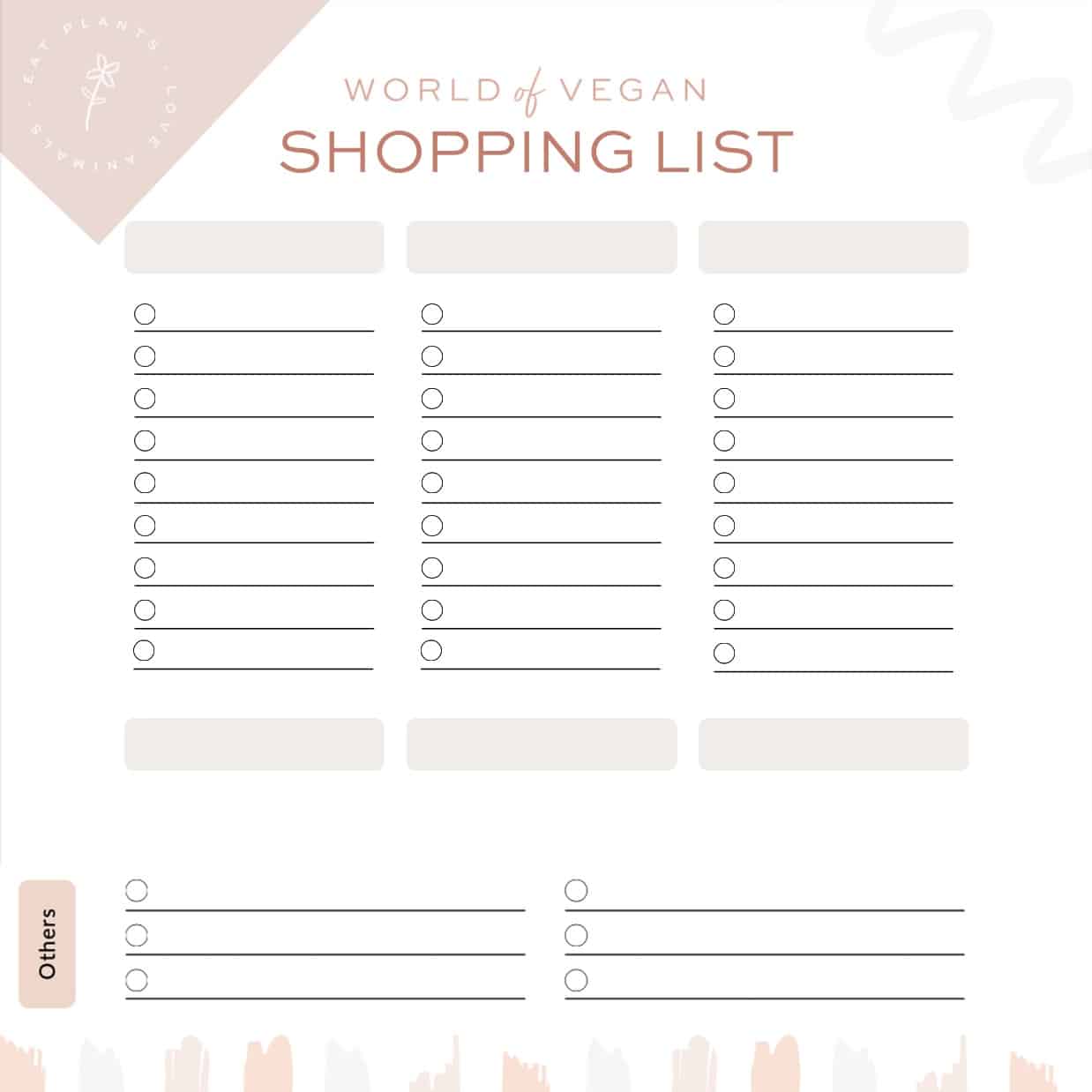
Leave a Comment
So many different options to choose from which is great. A few of these brands are my favourite too!
Lara bars are my jam! Thanks for such a wide list! Can’t wait to try them all!
Thanks for this comprehensive guide! Now I have some new brands of vegan protein bars to check out!
I love this vegan protein bar guide! I usually go for the GoRaw Smooth Sanctuary (yum) or the NuGo for a candy-like treat, but it’s so great to have more options. Thank you!
So many good vegan protein bars to choose from!